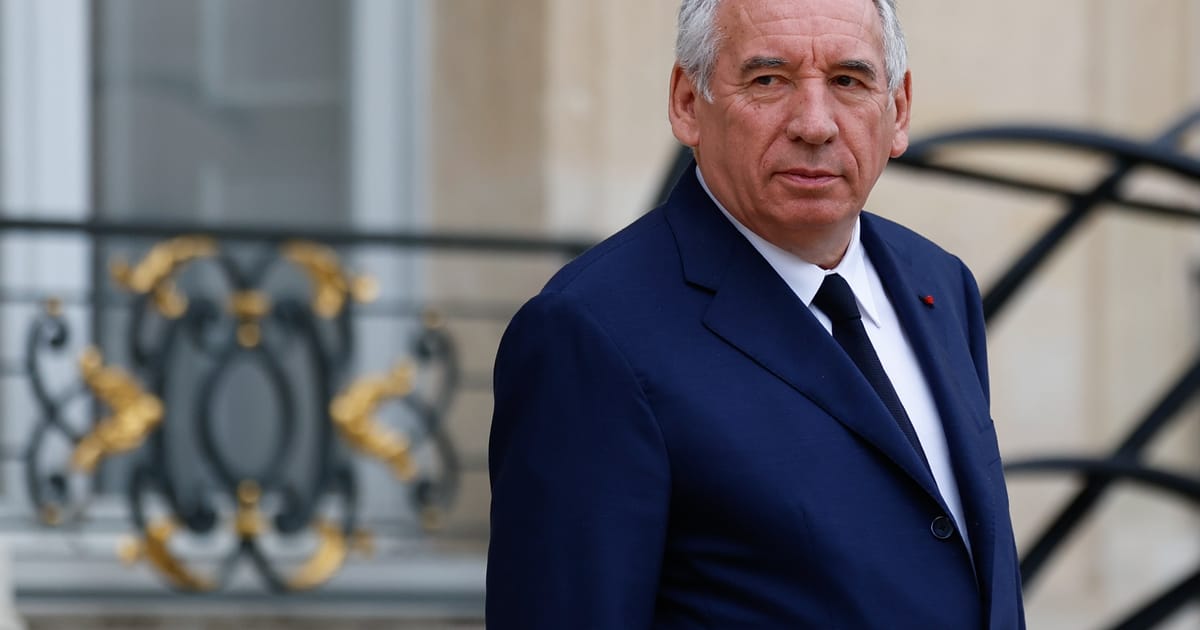Key figures from Bayrou’s government argued that — while it was good to obtain a measure of stability by locking in 15 percent tariffs on most EU imports to fend off the threat of looming 30 percent duties set to take effect on Aug. 1 — European Commission President Ursula von der Leyen and her negotiating team failed to properly leverage the EU’s massive single market and kowtowed to U.S. President Donald Trump.
“Let’s be clear: The current situation is unsatisfactory and cannot be sustained,” Europe Minister Benjamin Haddad said on X.
Trade Minister Laurent Saint-Martin told FranceInter radio on Monday that he did not want Paris “to settle with what happened yesterday because that would be accepting that Europe is not an economic power.”
“This deal is not balanced so we will have to keep working,” he said.
Both Haddad and Saint-Martin said Brussels must wield the threat of the Anti-Coercion Instrument, which would allow the EU to restrict access for U.S. companies to public procurement, foreign direct investment and financial markets in the EU, to obtain better terms, though it’s unclear what exactly can be done to tweak a deal already struck at the highest levels.
French President Emmanuel Macron has been, as of Monday morning, noticeably silent. German Chancellor Friedrich Merz and Italian Prime Minister Giorgia Meloni, meanwhile, were quick to welcome the deal.
